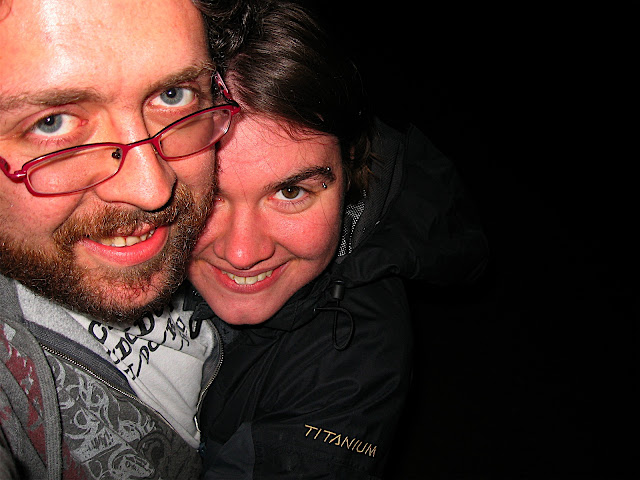Quotes about Microsoft Vista
Clipped from here, the analysis was a little dry, but the quotes are good:
http://www.cs.auckland.ac.nz/~pgut001/pubs/vista_cost.html
“I propose that each copy of the OS should ship with an orange jumpsuit and sensory deprivation goggles, since all Vista users have been unilaterally declared 'enemy combatants' by the content apparatchiki ” — Daniel Nevin.
“Windows Vista? And what a vista! All you see as you look around your garden is a 60foot high brick wall” — Crosbie Fitch.
“[Microsoft researcher] England has a bold plan to improve the PC and make it a secure delivery system for audio and video. England's solution involves making minor modifications to the PC's hardware to allow Microsoft to make a secure version of the Windows Media Player. Essentially, this would turn the PC into a record player as far as music is concerned” — Microsoft Research News.
“This is obviously some strange use of the word 'improve' which I've previously been unaware of” — Arthur dent.
“welcome to the new world of DRM where expensive pieces of hardware across the world could potentially be remotely rendered useless by over-zealous copyright holders. Way to go, Hollywood!” — Chip Mulligan.
“Digital rights management technology will still fail to prevent widespread infringement. In a related development, pigs will still fail to fly. I predict that every year, and it turns out to be true every year” — Ed Felten.
“Microsoft wasted no time; it issued a patch three days after learning about the hack. There's no month-long wait for copyright holders who rely on Microsoft's DRM. This clearly demonstrates that economics is a much more powerful motivator than security” — Bruce Schneier on Microsoft's DRM re-enabling patch for FairUse4WM.
“Good job, industry! Spend an incredible amount of time and effort developing the next generation of video quality only to step on it BEFORE THERE'S EVEN A DECIDED UPON STANDARD in the name of Copy Protection which will just be outflanked by a couple of 14 year old hackers and distributed over BitTorrent anyway” — “SweetMercury”.
“I was reminded of a quote from a Disney executive that I read a while ago [in the Economist]. The quote is: If consumers even know there's a DRM, what it is, and how it works, we've already failed. If I went to play premium content and all that shows up on my monitor is a message telling me that part of the display process isn't supported by content protection, this would scream DRM to even the most unsavvy users” — Steven Grueber.
“The only reason this debate over DRM as it applies to electronic text is still going on is simply because our opponents have what amounts to a quasi-religious and sometimes downright hysterical blind faith in the magic powers of DRM. As a test of competing business strategies in the real world of economic intercourse, the debate is over. We won, they lost — and it was a rout.” — Eric Flint, content producer and artist.





